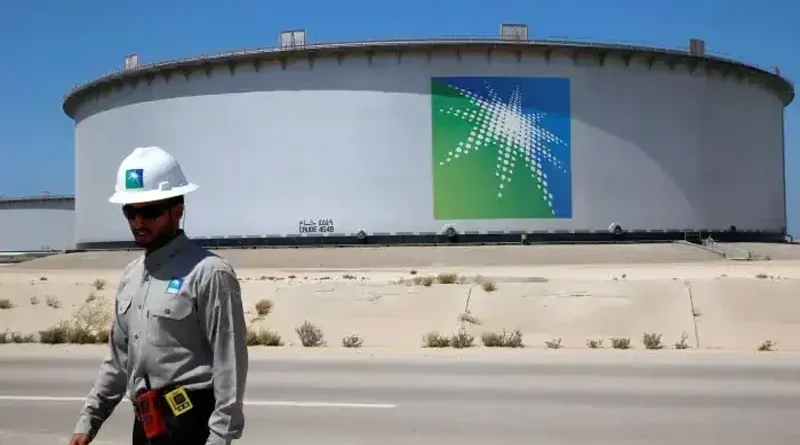Pakistan’s refinery project in doldrums due to Saudi Aramco’s lacklustre response
ISLAMABAD: Despite the government’s efforts to woo Saudi Aramco for the development of a $10 billion state-of-the-art and deep conversion refinery it seems that the company is not interested in investing in the project, reported The News citing officials who spoke on the condition of anonymity.
According to the publication, the deep conversion refinery if it goes through would have the capacity to refine crude oil of 300,000 barrels per day (BPD).
To lure Aramco to invest in the project has become a concern for Islamabad as the government notified a new green refinery policy loaded with huge incentives of 7.5% deemed duty for 25 years and a tax holiday of 20 years as per the wishes of the Saudi government, senior officials privy to the development told The News.
“Now, top functionaries of Saudi Aramco, in recent interactions with Pakistan authorities, have indicated that Aramco has detached itself from the Saudi government and has achieved deregulation to a reasonable extent. This is why its management is no more inclined to invest in the refinery business across the world. It says the refinery business is no more lucrative as it was in the past.”
The official said Pakistan was given a hint by Aramco that it may reduce its equity in the refinery to $900 million of the total equity of the project. The $900 million investment is equal to 30% of the total $3 billion equity in the project.
“Earlier, the total equity had been worked out at $3 billion and at the very outset, KSA had shown its willingness to invest $1.5 billion. The remaining equity of $1.5 billion was to be arranged from Pakistan. In the earlier understanding, Saudi Aramco was to lead the project and use its influence in arranging $7 billion loan for the project. Now Pakistan has been communicated that Aramco would not lead the project, and the government of Pakistan would have to arrange the loans on its own.”
The official claimed: “The current scenario can change after the general elections in Pakistan if the PML-N government, headed by Nawaz, is established.”
He added: “Aramco has also developed greater interest in setting up a petrochemical complex, not in a refinery, and this has put the authorities in a fix.”
The government had hoped to complete and commission the project under the engineering, procurement, and construction-finance (EPC-F) model. In Pakistan’s case, it was planned that the project would be completed under a 30:70 equity loan ratio, meaning that $3 billion in equity and $7 billion as loans.
Pakistan, during the Pakistan Democratic Movement-government on July 27, had signed a memorandum of understanding with China Road and Bridge Corporation (CRBC). As per the MOU, CRBC would participate in the refinery as a contractor and would also arrange a reasonable amount of loans from Chinese banks for the mega project.
On the same date, four MoUs were also inked under which Pakistan State Oil would have a 25% share in the country’s equity of $1.5 billion whereas Oil & Gas Development Company Ltd (OGDCL), Pakistan Petroleum Limited (PPL) and Government Holdings Private Limited (GHPL) will have a 5% share each.
Later, Riyadh asked Islamabad to approach China’s Sinopec and include it in the project. It requested that engineering, procurement, and construction (EPC) contract be given to the Chinese company.
In response, PSO, which has been nominated by the Pakistani government, is in contact with the Bank of China and China Sinopec.
Sinopec is also providing services to Saudi Arabia including rigs, well-service, geophysical exploration, pipelines, roads and bridges, and other EPC projects. Sinopec has been serving Aramco, SWCC, RC, and many Saudi local cities, and has earned a good reputation among clients, as well as Saudi people.

